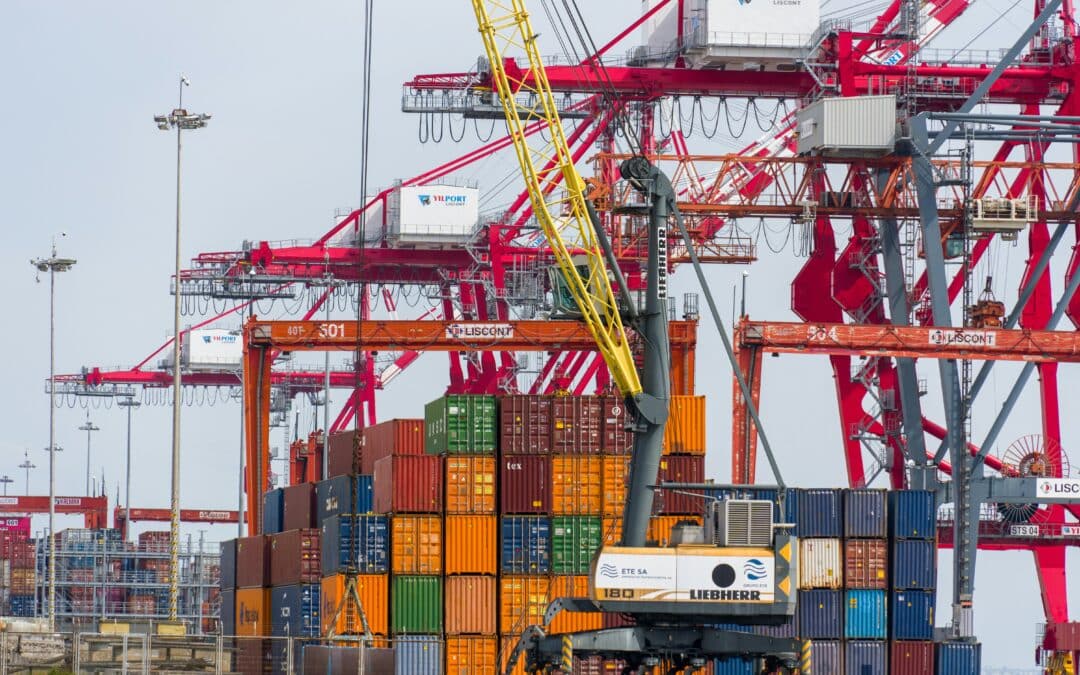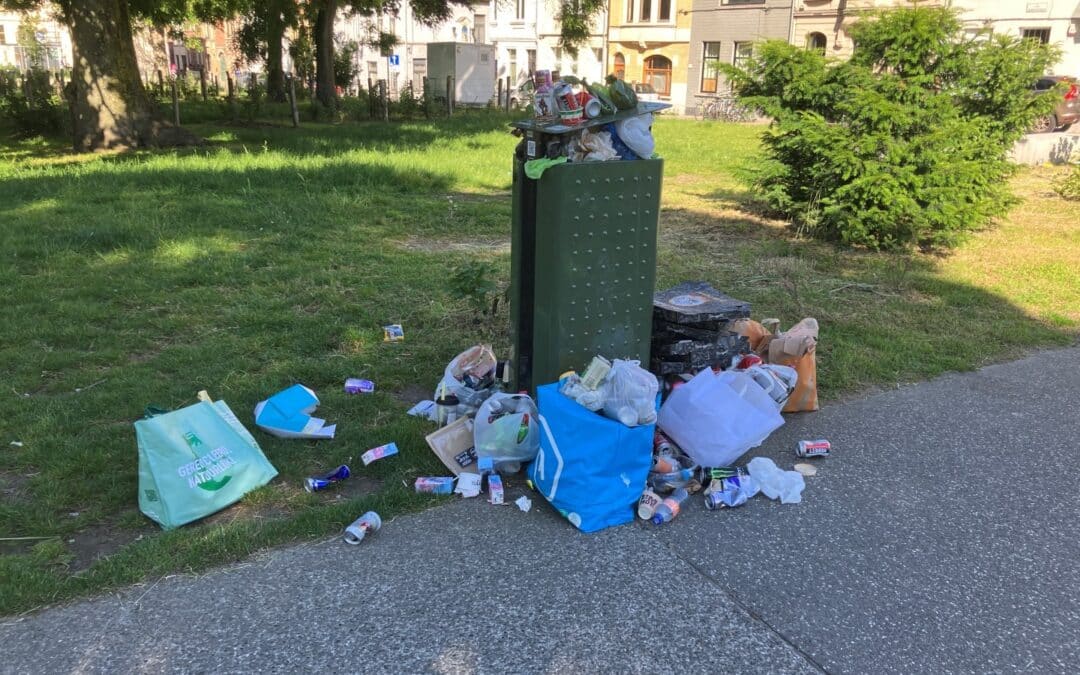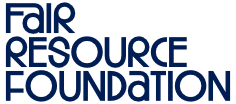This article is published on the Weeffouten website.
Amsterdam, January 30, 2024 – PFAS, the “forever chemical”, is now everywhere: in our food, in water and even in the eggs of hobby chickens. How did it get this far? Transparency International Netherlands (TI-NL) is looking for the root causes of this problem as part of its project Flaws in Democracy. In 2023, the Dutch Safety Board (OVV) investigated how the government deals with emissions from three polluting companies, including Chemours, a user of PFAS. The OVV concluded that the Dutch government does not sufficiently protect citizens against emissions from polluting industries.
The PFAS emissions and the role of the company Chemours reached a peak after Zembla revealed in 2023 that the chemical giant had known for more than three decades that they were seriously polluting the groundwater in the area with PFAS. However, Chemours decided not to conduct any additional research. The reason: finding PFAS would “only cost more money”. In 2003 it was determined that the pollution had only increased. The remediation was again deemed “financially and technically unfeasible” . Following, among other things, the revelations by Zembla and the subsequent media storm, the Dutch Safety Board (OVV) conducted an investigation into the approach to emissions from the polluting industry. There is also an EU procedure underway to ban PFAS, in which both the multi-billion dollar industry and local action groups are raising their interests with Brussels.
PFAS (Per- and polyfluoroalkyl substances) is an umbrella term for thousands of substances that make products water- or grease-repellent. The problem with these substances is that they do not or hardly break down and therefore accumulate in both the human body and the environment. Even at low concentrations, PFAS is harmful to the immune system and the hormone balance, while high exposure to the substances can even be carcinogenic, according to the National Institute for Public Health and the Environment (RIVM).
Focus must shift from permits to emissions
The responsibility for monitoring compliance with health standards lies with the government. In its report “industry and residents”, the OVV states that a complete picture of emissions is often lacking because the government does not systematically measure emissions. In addition, the OVV emphasizes that both companies and governments focus too much on permits and too little on the damage caused by actual emissions. Furthermore, permits granted are not always sufficient. As a result, there may still be excessive exposure to harmful substances, even if a company complies with the permit.
This finding is not new. The General Audit Office previously concluded that some environmental services barely have their data in order. In addition, the government only takes action after pressure is exerted by residents and local action groups. This reactive approach does not contribute to trust in the government. The OVV also points out that media attention is the main reason for political involvement in the Chemours dossier. Only after political involvement is attention paid to fulfilling responsibilities and obligations. The damage has often already been done by then. This makes the dossiers extra complicated because a remediation task is added and a possible compensation scheme must be established at the time that damage has also been legally established.
Will there be a ban on PFAS?
For the first time, there seems to be momentum in protecting citizens against the harmful effects of PFAS. In February 2023, the RIVM and four other European health services published a proposal for a total ban on the production, import and sale of all products containing PFAS. The products are resisting this and Chemours, among others, has called in lobby firm FTI to set up a lobby strategy, according to research by NRC. At the same time, the company is trying to mobilize all its customers, from car manufacturers to electronics companies, to convince Brussels of the indispensability of PFAS.
The primary goal of these arguments is to prevent or delay an EU-wide ban on PFAS. Chemours encourages its customers and industry organizations to emphasize that PFAS is safe and that these substances are indeed biodegradable and non-toxic. They provide two scientific articles to support these arguments. Interesting detail: according to the NRC, the co-authors of both articles are employees of Chemours.
Although they are far behind the big companies, citizen action groups are also making their voices heard in Brussels. The local action group ‘Health for Everything’ from Sliedrecht has been opposing further emissions of PFAS by Chemours for years. One of the founders of the action group states that the chemical lobby wants a transition period of 12 to 15 years before the ban on PFAS comes into effect. This was the main reason why they travelled to the European Parliament last month to counterbalance the PFAS lobby. In discussions with MEPs, Health for Everything advocates a significantly shorter transition period than the lobby has in mind. It remains to be seen whether those who have been suffering from PFAS for years will find a listening ear in politics.
Gerelateerde tags

Where and why: financing of the plastic waste trade
In our previous article, we provided a wide overview of the size and importance of international plastic waste (PW) trade. Subsequently, in this piece, we will shed light on why plastic waste trade is such a profitable sector and which are the incentives to perform this business outside of legality.

Court of Rotterdam sentences several people for illicit plastic waste trade from the Netherlands
On Friday 8th of August 2025 Dutch news outlets echoed about a sentencing on plastic waste smuggling from the Netherlands to various non-EU countries. NL Times, AD, local news outlets, and the Dutch Inspection (ILT) reported the criminal sentencing of 4 people and 3 companies for illicit plastic waste trade, with one of them being also charged with money laundering.

Belgian packaging industry already saved 465 million € in litter fees – at our expense
The Belgian packaging industry is outraged by the introduction of a new €102 million litter levy. But it conveniently forgets that its effective lobbying has already saved it no less than €465 million. This sum has been gained at the expense of local authorities and society. This levy is due to be approved today by the Walloon Council of Ministers. Fair Resource Foundation delves into the figures.

